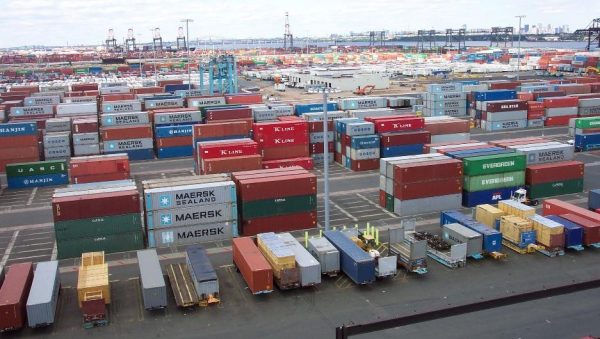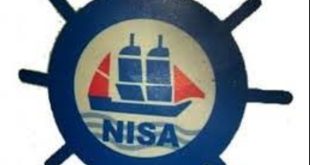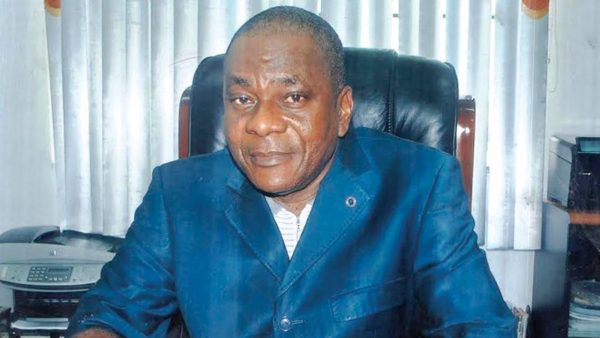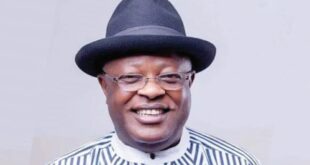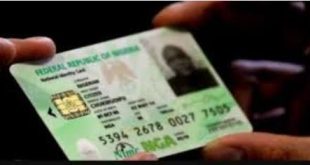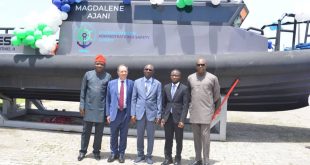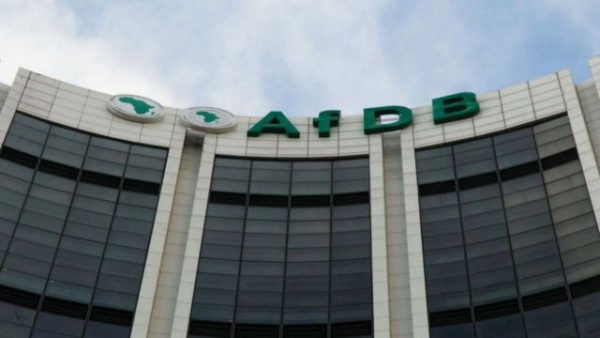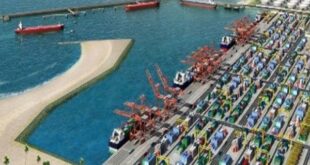. Ship Owners lament 100% foreign dominance in tanker vessel supply chain
· $60m expended monthly on imported tanker vessels
By Kenneth Jukpor
Lack of interagency collaboration between the Nigerian National Petroleum Corporation (NNPC), Nigerian Maritime Administration and Safety Agency (NIMASA) and the Nigerian Content Development and Monitoring Board (NCDMB) has led to $9billion yearly losses in Direct Sale of Crude Oil and Direct Purchase of Petroleum Products (DSDP) contracts.
These losses arise from the neglect of the Nigerian Oil and Gas Industry Content Development (NOGICD) Act 2010, which established NCDMB, has provisions for DSDP and coastal vessels contracts tender processes by the NNPC.

NOGICD or Nigerian Content Act 2010 established NCDMB to promote value addition to the nation’s economy and to develop backward and lateral linkages required to stimulate growth and industrial development in other sectors of the economy.
Section 105 of the NOGICD Act empowers NCDMB in conjunction with NIMASA to enforce compliance to the Cabotage Act.
“The Nigerian Content Monitoring Board in conjunction with NIMASA shall have powers to enforce compliance with relevant sections of the Cabotage Act in relation to matters pertaining to Nigenan content development” Section 105 of NOGICD Act stipulates.
For NIMASA, Section 16(2a) of the Cabotage Act says: “The Agency shall provide not less than 25% of its revenue for “the Maritime Fund”. Section 17(4): “The Agency may apply monies in the Fund to promote the development of indigenous shipping and shipping infrastructure in Nigeria”. Section 17(5): “The beneficiaries of the Fund under subsection (4) of this section shall be Nigerian citizens and companies”.
Noting this challenge of disharmony, the President of Ship Owners Association of Nigeria (SOAN) Dr. Mkgeorge Onyung has called for robust inter-agency collaboration by key sectoral regulatory agencies such as NIMASA, the Department of Petroleum Resources (DPR) and NCDMB.
Onyung stated that this synergy would expedite the process of engaging qualified indigenous operators for effective capacity building and award of contracts.
The SOAN President, however, lamented that there is 100 percent foreign dominance in the country’s tanker vessel supply chain.
According to him, this practice is costing the nation $60 million annually as finance spent on imported tanker vessels in Nigeria.
Ship owners have also admonished NNPC to issue bankable long term Charter Party Agreements to indigenous operators acceptable to local banks and NCDMB/BOI (NCIF Fund), to allow for credit facilities and invoice discounting including, provision of local bank guarantees for vessel hire to enable indigenous operators finance working capital requirements to cover operating expenses in order to stimulate growth in the sector.
Onyung also argued that such collaboration between relevant agencies could correct the shortage of seatime opportunities limiting Nigerian cadets in their bid to complete their training and obtain Certificates of Competency (CoC).
Meanwhile, the Chairman of Nigeria’s Fleet Implementation Committee, Mr. Hassan Bello told MMS Plus on Friday last week that the NNPC has made a commitment to engage more indigenous ship-owners in crude affreightment.
This assurance was obtained during a meeting with the Group Managing Director of NNPC, Mr. Mele Kyari and members of the Fleet Implementation Committee during the penultimate week.
Bello’s words: “The Group Managing Director was very receptive with the idea of indigenous fleet expansion and we talked about the carriage contract of our crude and the possibility of changing from Free on Board (FOB) to Cost Insurance and Freight (CIF).”
“Already, the new NNPC management had given opportunities to Nigerians to lift crude oil. That window is through NIDAS Shipping and the reasons for the limitations on CIF is because there is the possibility of attaching Nigerian cargoes in cases that aren’t directly involved in judgments for other matters. But he has given us strong support and over time we are going to work with NNPC to ensure there is an improvement in indigenous participation in crude affreightment.”
Although NNPC has always referred to its skepticism on the capabilities of Nigerian ship owners and their fleet, Bello described the recent engagement with the apex oil regulatory body as exciting and satisfactory.
Meanwhile, the Senate has expressed displeasure at reports that the nation loses over $120 million annually to the patronage of foreign shipping firms in the shipment of petroleum products.
It, therefore, directed the Nigerian National Petroleum Corporation (NNPC) to patronise and boost the capacities of local shipping firms.
The yearly capital flights, due to the patronage of the foreign shipping companies came to the fore at an investigative hearing of the Senate Committee on Local Contents had with the NNPC management and SOAN.
The Senate Committee, headed by Senator Teslim Folarin, discovered at the meeting that the preference for foreign firms by NNPC and other stakeholders in the shipment of petroleum products had resulted in huge revenue losses part of which is $120 million loss to demurrage.
Irked by the arrangement, in a ruling after a marathon debate, Folarin directed that the NNPC should allow local ship owners to operate in the transportation of petroleum products.
He said: “It is very important we patronise indigenous shipping. The whole essence of this investigative hearing is not to trade blame. We understand that they don’t have enough vessels; they don’t have capacity and capacity cannot come from heaven.
“The GMD of NNPC, Malam Mele Kyari, who is here with us, has the capacity to help build capacity. It is very important that we patronize indigenous shipping companies.”
The committee decried the disregard to the Local Content Act, which stipulated, among others, that local firms be encouraged in the conduct of businesses of any public company transactions.
Another member of the committee, Senator Solomon Adeola (APC Lagos West), who is also the chairman of the Senate Committee on Finance, lamented that the failure to carry indigenous shipping companies along has dealt a serious economic blow on the country.
Adeola dismissed submissions that Nigerians do not own vessels that could be patronized.
“There are local vessels owned by Nigerians, it depends on the type of vessels we are talking about. There are two types of vessels,” he said.
Kyari, who had informed the committee earlier that there were no indigenous vessels to patronize, assured the Senate that he would assist the local firms to build the required capacity.
“I am going to work to support these companies. We will engage our partners,” he said.
 MMS PLUS NG – Maritime, Aviation, Business, Oil and Gas News Online Newspaper with coverage in Maritime, Oil and Gas, Aviation, Power and Energy as well as Financial News
MMS PLUS NG – Maritime, Aviation, Business, Oil and Gas News Online Newspaper with coverage in Maritime, Oil and Gas, Aviation, Power and Energy as well as Financial News

